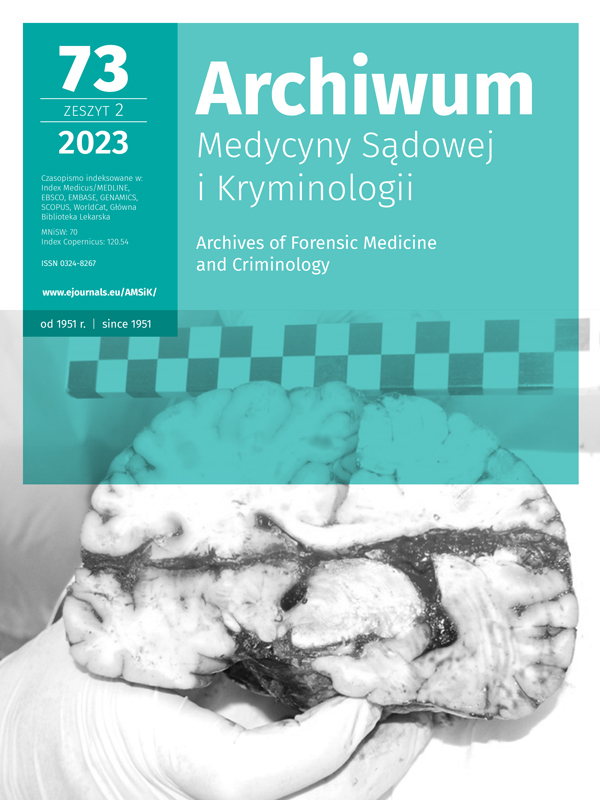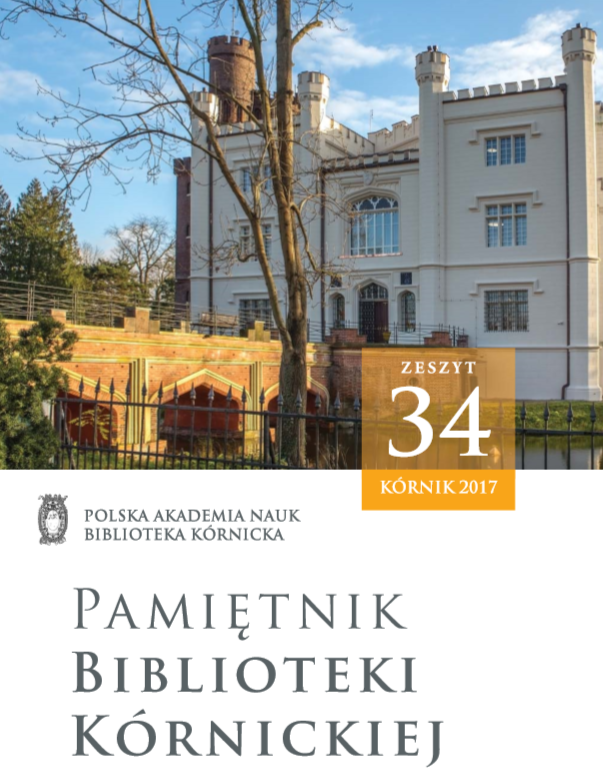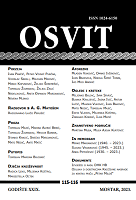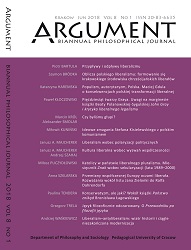
We kindly inform you that, as long as the subject affiliation of our 300.000+ articles is in progress, you might get unsufficient or no results on your third level or second level search. In this case, please broaden your search criteria.

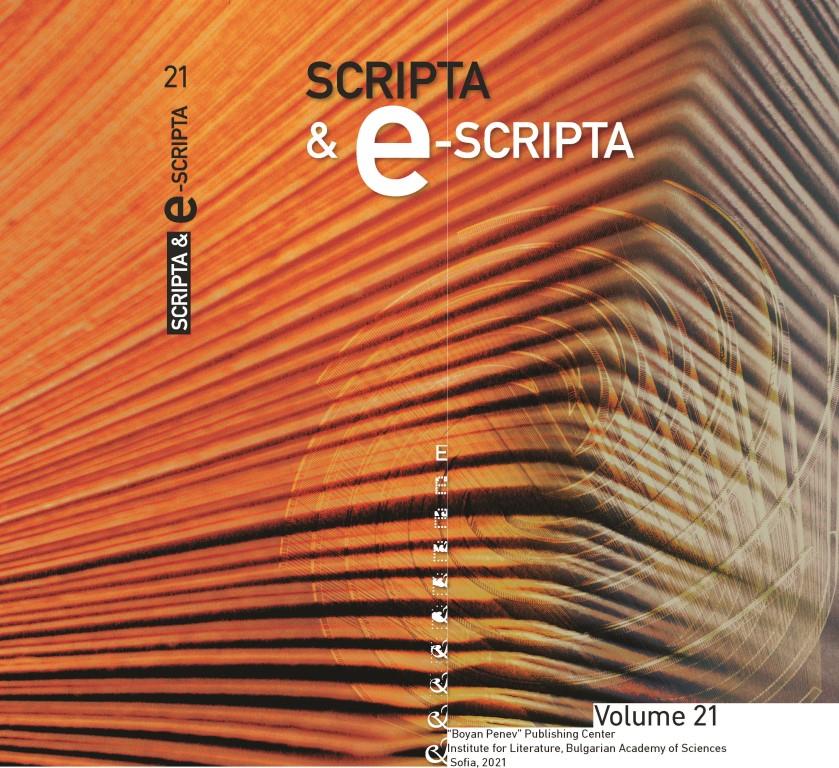
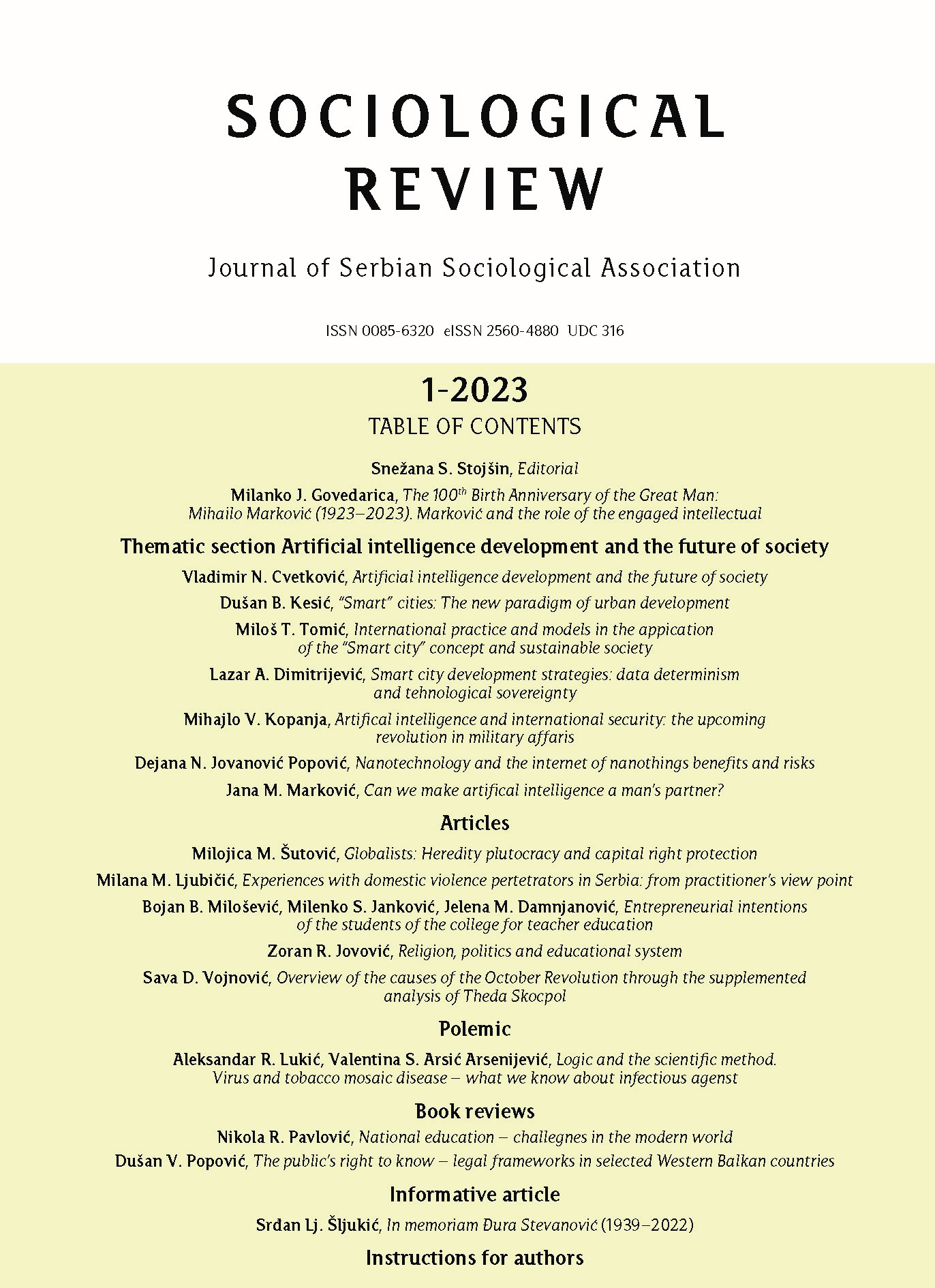
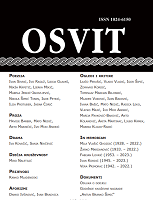
On the occasion of the tenth anniversary of the death of Nikola Martić Under the melody of ringing words, a quilling pen stuck in difficult and unpleasant times, stuck in miomirs; in the sounds of spring, summer, autumn, winter... it got stuck and entangled in the south, in the Mediterranean - the origin of civilization, while the words are being spelled, they slip away from us, they slip out of too much love: from poetic rapture, they wave, they become wild: chains climb and fall - and spirits before the inner freedom brought and spelled by the word, limited by nothing: inner freedom - he sings. In Miljković's words, as the slaves used to sing about her and pursue her until she disappeared. The fairy tale roars, vigours and plays its game, not thinking about the strict form - not even thinking about what is said; releasing and letting out words to sail the sea, land and sky. The fire is burning - internal and external!
More...
Vzpomínání na paní prof. G. Šmausovou a s tím spojené poděkování, které jí právem náleží za vše, co si zpětně ve spojení s uvedenými časy vybavuji, je u mne spojeno s fenoménem do konce 80. let minulého století zcela nevídaným – tj. s neskutečným rozletem, a to doslova, studujících a učitelů brněnských práv na vysoká učení západní Evropy.
More...
Se zármutkem a překvapením jsem přijala smutnou zprávu o úmrtí paní profesorky Gerlindy Šmausové. V ruce držím smuteční oznámení o posledním rozloučení, které proběhlo 1. července 2022 na Hlavním hřbitově (Hauptfriedhof) v Saarbrückenu. Z fotografie na pozvánce s rukama založenýma za hlavou se usmívá Gerlinda, tak jak jsem ji znala několik desetiletí. Ani bych nečekala tak zarmucující obsah, který umocňuje Kafkův citát: „Vidíme slunce pomalu zapadat a přeci se lekneme, když nastane úplná tma.“ Nečekaná událost jitří smutkem konce, avšak zároveň oživuje řadu nezapomenutelných vzpomínek...
More...
In this short piece, we celebrate both our friendship with Gerlinda Smaus and her important contribution to the fields of critical criminology and abolitionist feminism. We recount how we came to know Gerlinda Smaus, what she and her work mean to us, and how we eventually came to co-edit a book about her work (Feest & Pali, 2020a).
More...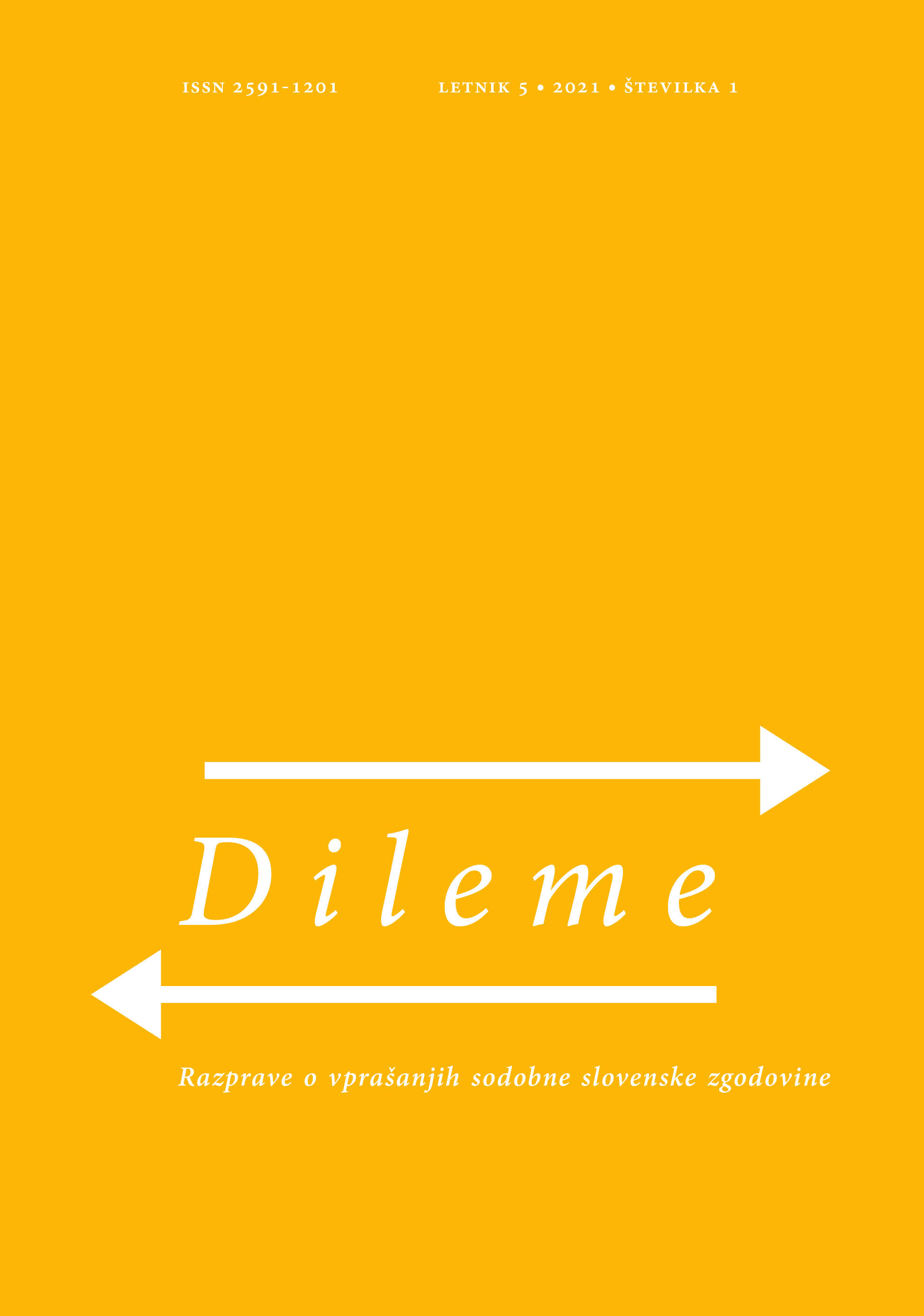
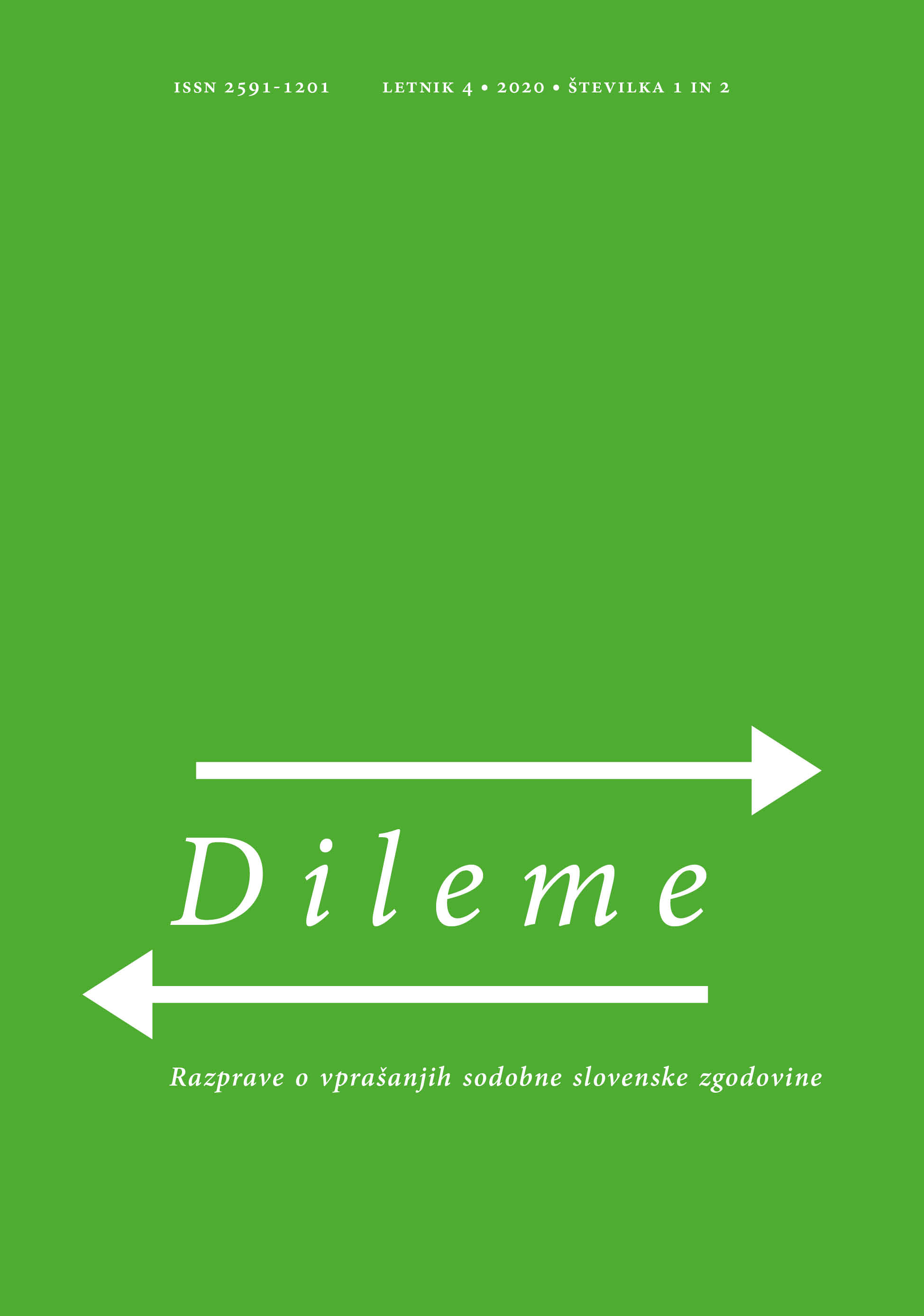
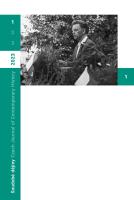
Oldřich Tůma in his obituary recalls the historian Karel Kaplan (1928–2023) as one of the founders, a central figure and a true father of the field of Czechoslovak and Czech contemporary history, not only locally, but also internationally. His life trajectory was symptomatic of a whole generation of Czech historians: he was not only a historian of post-war Czechoslovakia for the period from 1945 to 1968, but in many ways also an actor and co-creator of the era. Soon after the war, he joined the Communist Party of Czechoslovakia (Komunistická strana Československa, KSČ) and for the following sixteen years worked in various positions in its apparatus. At the same time, he became professionally involved in recent Czechoslovak history. In the second half of the 1960s, he served as deputy director of the Historical Institute of the Czechoslovak Academy of Sciences, while, in a parallel way, becoming involved in the reform movement as an expert on influential social science teams and as a member of commissions established to rehabilitate victims of the illegal political trials of the 1950s. After the defeat of the Prague Spring, he was expelled from the party, deprived of the ability to practice his profession and imprisoned for several months. In 1976, he emigrated to the Federal Republic of Germany. In exile, he published a number of works analysing the functioning of the communist regime in Czechoslovakia. He drew on a large and unique collection of documents from the archives of the Central Committee of the Communist Party of Czechoslovakia, copies of which he made at home and, with the help of friends, exported abroad. Since the early 1990s he was involved in the activities of the newly established Institute of Contemporary History of the Czechoslovak (later Czech) Academy of Sciences in Prague and wrote numerous other works on the establishment of the communist regime in Czechoslovakia, the mechanisms of staged political trials, social history after 1948 and other topics that, taken together, form the pillars of today’s historiography of communist Czechoslovakia. Karel Kaplan is perhaps not only the most prolific but also the most translated Czech historian of contemporary history, whose works have been published in many languages. The author emphasizes that Kaplan’s working method was indeed strongly empirical, which some scholars are critical of, but his findings were based on a deeply thought-out and consistent interpretative concept of Czechoslovak post-war history, and his studies provided much more than a mere reproduction of the archival material.
More...
In a short personal reflection, Jaroslav Cuhra recalls his colleague from the Institute of Contemporary History of the Czech Academy of Sciences, the recently deceased leading historian of communist Czechoslovakia, Karel Kaplan (1928–2023). He points out that Kaplan is not an “outdated classic” of the field and that his research interests were not limited to political history. Kaplan was convinced that historians, regardless of rivalries, should work together to come as close as possible to a true understanding of history.
More...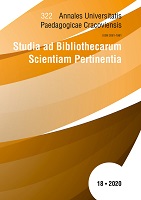
Alfred Toczek - historian and press expert, was born in Jasło in 1958, spent his childhood and youth in Podkarpacie, but became permanently associated with Krakow, where he studied library and information science and history at the Higher Pedagogical School. Commission of National Education in Krakow. After graduating in 1986, he started working at the Department of Library and Information Science at the Academy of Fine Arts in Krakow, and a year later he completed a research internship at the Studio of the History of Periodicals at the Polish Institute of Literary Research.
More...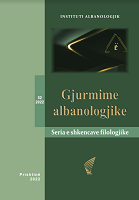
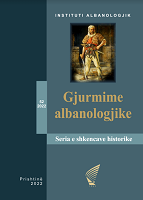
The internationally recognized scientist with extensive humanitarian education and activity, archaeologist, historian of antiquity and Croatian Illyrianologist, Prof. dr. Marin Zaninović was born on January 18, 1930, in Vello Grable, on the island of Hvar in Dalmatia, Croatia. After primary school, he attended the Gymnasium in Bol i Brač and then the Classical Gymnasium in Split, where he acquired the ancient classical languages: Latin and Greek.
More...